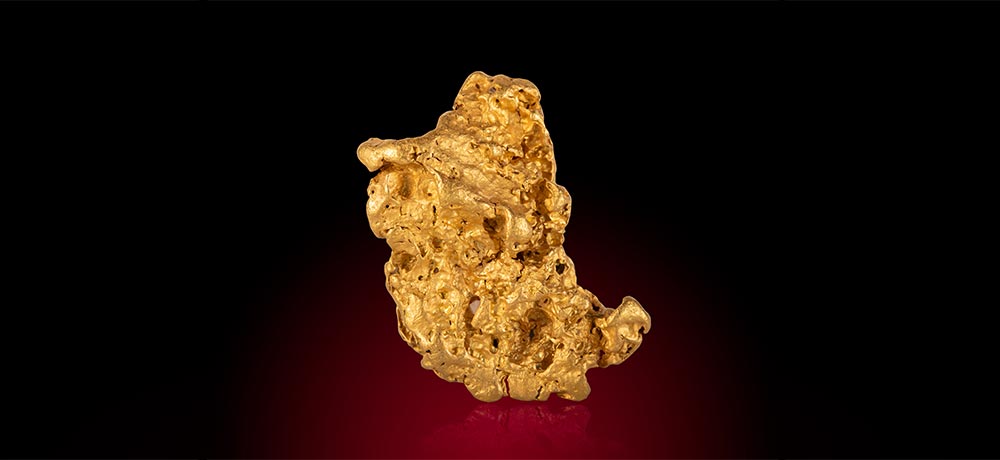
Prospecting Gold With a Magnet—Our Practical Guide
There is nothing more rewarding than prospecting for gold and actually finding some gold nuggets or deposits when you go outdoors for a hunt. As you may be aware, gold is among the few valuable minerals, gems, and gemstones that look beguiling yet worth-searching for. This is because its high value and price have motivated thousands of people to cross over the threshold of gold prospecting, which is why they invest in gold pans, metal detectors, and other gold prospecting tools.
However, have you ever thought about using a magnet to find gold? This question is what some prospectors and individuals tend to ask when it comes to gold prospecting, and that is what we’re going to explore in this article.
Using a magnet for gold prospecting
The truth is that pure gold isn’t attracted to a magnet at all. In fact, using a magnet is one way of determining whether or not your piece of jewellery is made of pure gold. If your piece of jewellery consists of iron or nickel, it may be magnetic. However, know that if a massive magnetic field is applied to your gold, it will slightly move and repel it. But to answer the primary question—no, a magnet cannot be used for pure gold!
Properties of gold
If you’re wondering why gold isn’t attracted to a magnet, below are some properties and attributes you must need to know.
- Atomic number 79: This means it has 79 electrons.
- Softness and malleability: This means that while it is soft, it can be hammered or pressed permanently out of shape without breaking or cracking.
- Least reactive property: It is one of the least reactive chemical elements.
- Acid resistance: It is resistant to most acids.
- Dissolution: It only dissolves in alkaline and mercury.
Types of gold found using a magnet
Sure, we’ve concluded that a magnet doesn’t help in finding pure gold. Nevertheless, it may still help you search for something gold-plated or one that resembles the mineral in question.
For this reason, it won’t hurt to earn a little bit of gold during your gold prospecting with the use of a magnet. The chances are that you may end up acquiring some gold plating types, such as the following:
- Gold layered: This is actually a super-thin gold layer.
- Gold leaf: This is typically 22K, or 24K gold hammered down into extremely thin layers.
- Gold plated: This is typically at least 10K, which has a very thin layer of gold on the metal’s surface.
- Gold overlay: This has the thickest gold coating, making it durable over time.
- Gold filled: This has at least five per cent of the total weight of the gold content.
- Vermeil: This has a thick gold layer attached to sterling silver as the base.
Who knows? You might even find something that’s gold-plated or that resembles gold during your hunt that will make it all worth it!
Conclusion
At this point, we’ve answered the main question of whether or not it is recommended to use a magnet for gold prospecting. If you are in search of pure gold, using a magnet may not be as useful as you might expect. Nevertheless, if you aren’t wary of getting something gold-plated, then you may consider using it!
At the Gold Nugget Shop, we sell and buy gold in Australia, with over 20 years of experience of gold trading across the globe. If you’re looking for premium gold for sale, get in touch with us today to see how we can help!
